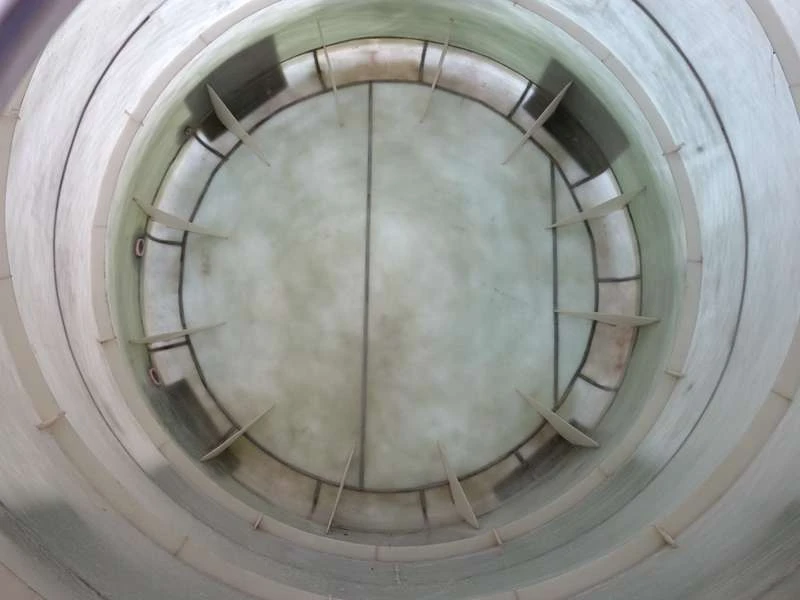
-
 Afrikaans
Afrikaans -
 Albanian
Albanian -
 Amharic
Amharic -
 Arabic
Arabic -
 Armenian
Armenian -
 Azerbaijani
Azerbaijani -
 Basque
Basque -
 Belarusian
Belarusian -
 Bengali
Bengali -
 Bosnian
Bosnian -
 Bulgarian
Bulgarian -
 Catalan
Catalan -
 Cebuano
Cebuano -
 China
China -
 China (Taiwan)
China (Taiwan) -
 Corsican
Corsican -
 Croatian
Croatian -
 Czech
Czech -
 Danish
Danish -
 Dutch
Dutch -
 English
English -
 Esperanto
Esperanto -
 Estonian
Estonian -
 Finnish
Finnish -
 French
French -
 Frisian
Frisian -
 Galician
Galician -
 Georgian
Georgian -
 German
German -
 Greek
Greek -
 Gujarati
Gujarati -
 Haitian Creole
Haitian Creole -
 hausa
hausa -
 hawaiian
hawaiian -
 Hebrew
Hebrew -
 Hindi
Hindi -
 Miao
Miao -
 Hungarian
Hungarian -
 Icelandic
Icelandic -
 igbo
igbo -
 Indonesian
Indonesian -
 irish
irish -
 Italian
Italian -
 Japanese
Japanese -
 Javanese
Javanese -
 Kannada
Kannada -
 kazakh
kazakh -
 Khmer
Khmer -
 Rwandese
Rwandese -
 Korean
Korean -
 Kurdish
Kurdish -
 Kyrgyz
Kyrgyz -
 Lao
Lao -
 Latin
Latin -
 Latvian
Latvian -
 Lithuanian
Lithuanian -
 Luxembourgish
Luxembourgish -
 Macedonian
Macedonian -
 Malgashi
Malgashi -
 Malay
Malay -
 Malayalam
Malayalam -
 Maltese
Maltese -
 Maori
Maori -
 Marathi
Marathi -
 Mongolian
Mongolian -
 Myanmar
Myanmar -
 Nepali
Nepali -
 Norwegian
Norwegian -
 Norwegian
Norwegian -
 Occitan
Occitan -
 Pashto
Pashto -
 Persian
Persian -
 Polish
Polish -
 Portuguese
Portuguese -
 Punjabi
Punjabi -
 Romanian
Romanian -
 Russian
Russian -
 Samoan
Samoan -
 Scottish Gaelic
Scottish Gaelic -
 Serbian
Serbian -
 Sesotho
Sesotho -
 Shona
Shona -
 Sindhi
Sindhi -
 Sinhala
Sinhala -
 Slovak
Slovak -
 Slovenian
Slovenian -
 Somali
Somali -
 Spanish
Spanish -
 Sundanese
Sundanese -
 Swahili
Swahili -
 Swedish
Swedish -
 Tagalog
Tagalog -
 Tajik
Tajik -
 Tamil
Tamil -
 Tatar
Tatar -
 Telugu
Telugu -
 Thai
Thai -
 Turkish
Turkish -
 Turkmen
Turkmen -
 Ukrainian
Ukrainian -
 Urdu
Urdu -
 Uighur
Uighur -
 Uzbek
Uzbek -
 Vietnamese
Vietnamese -
 Welsh
Welsh -
 Bantu
Bantu -
 Yiddish
Yiddish -
 Yoruba
Yoruba -
 Zulu
Zulu
Durable Rectangular Fiberglass Tanks for Versatile Storage Solutions in Various Industries
The Versatility of Rectangular Fiberglass Tanks
In recent years, rectangular fiberglass tanks have gained prominence in various industries due to their exceptional strength, durability, and versatility. These tanks are engineered from fiberglass reinforced plastic (FRP), which ensures a lightweight structure that can withstand the rigors of time and environmental factors. Their unique design and material properties make them an ideal choice for a broad range of applications, from agricultural storage to industrial processes.
What Are Rectangular Fiberglass Tanks?
Rectangular fiberglass tanks are often used for storing liquids or semi-solid materials. Unlike traditional cylindrical tanks, their rectangular shape allows for more efficient use of space, both during installation and while in operation. This is particularly beneficial in situations where space is limited, as they can fit snugly against walls or in corners. The flat surfaces also make them easier to stack and transport, further enhancing their utility in various settings.
Advantages of Fiberglass Material
One of the key benefits of fiberglass as a material is its resistance to corrosion and chemicals. Rectangular fiberglass tanks are especially suited for storing aggressive substances, such as acids, chemicals, and industrial wastewater. Unlike metal tanks that may succumb to rust or degradation over time, fiberglass tanks maintain their integrity under harsh conditions. This resilience reduces maintenance costs and enhances safety, as the risk of leaks and spills is minimized.
Moreover, fiberglass tanks are non-reactive, which makes them an ideal choice for the food and beverage industry. They ensure that no harmful substances leach into the stored content, maintaining the purity and quality of the liquids inside.
rectangular fiberglass tanks

Customization and Design Flexibility
Another notable feature of rectangular fiberglass tanks is their adaptability in design and configuration. Manufacturers can tailor the dimensions, wall thickness, and internal baffles according to specific needs and requirements. This customization ensures that industries can find a suitable tank tailored to their operational needs, whether for water treatment, chemical processing, or agricultural irrigation.
In addition, the option to incorporate additional features, such as manholes, access ports, and monitoring systems, further enhances the functionality of these tanks. This level of customization is invaluable in optimizing the efficiency of storage and management processes.
Environmental Considerations
As sustainability becomes an increasingly important concern for many industries, rectangular fiberglass tanks offer a more eco-friendly alternative compared to traditional materials. The production of fiberglass tanks often results in less environmental impact, and their long lifespan means fewer resources are required for replacements. Furthermore, they can be designed to use less space than conventional tanks, minimizing land use and conserving natural resources.
Conclusion
Rectangular fiberglass tanks represent an innovative solution for industries requiring durable and reliable storage options. Their inherent qualities, such as corrosion resistance, design adaptability, and sustainability, position them as a superior alternative to traditional storage tanks. As industries continue to seek efficient and eco-friendly solutions, the demand for rectangular fiberglass tanks is expected to grow. Whether for agricultural, industrial, or municipal applications, these tanks are proving to be an invaluable asset, combining functionality with longevity in an ever-evolving market.









